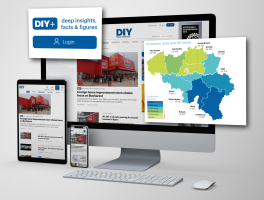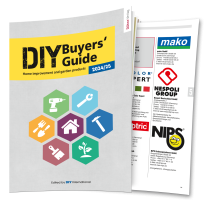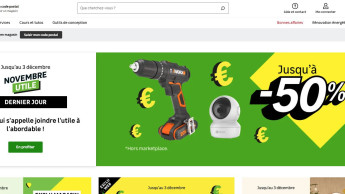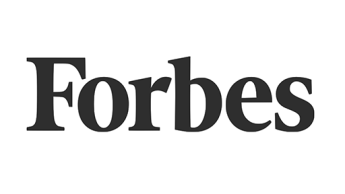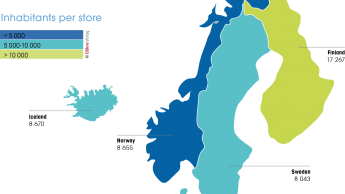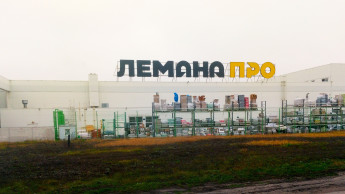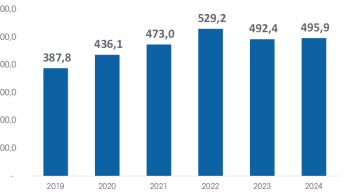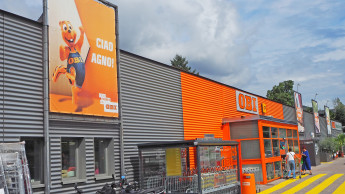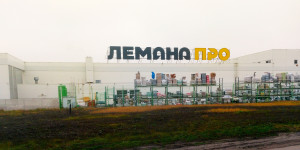
deep insights, facts & figures
24.04.2013
The total volume of the Russian DIY retail trade is now estimated at € 22.5 bn
The Russian DIY market experienced double-digit growth last year. Infoline, a market research company, puts a figure of some 20 – 30 per cent on the level of growth and of approx. RUB 900 bn (approx. € 22.5 bn) on the combined market volume. According to this calculation the country numbers among the top five DIY markets in the world. Consumer behaviour is working in favour of this development. Nine out of ten Russian families have renovated their homes in the past five years, in particular their kitchens and bathrooms, as the Kingfisher Group records in its European Home Report. However, they are less interested in fresh colours than in a higher level of comfort in their home. That is not surprising if you consider that 60 per cent of the Russian housing stock is more than 25 years old. Around 70 per cent of Russians live in concrete-slab type buildings. This situation is changing, since the construction industry is picking up speed: last year saw the completion of half a million apartments totalling more than 70 mio m², which is four per cent more than the year before. Against the background of this market development it becomes clear that the DIY market is hotly contested. Observers are talking of a period of radical change. This is characterised on the one side by the aggressive expansion of the major western operators – Leroy Merlin (Groupe Adeo, France), Obi (Germany) and Castorama (Kingfisher, Britain/France) and on the other by the activities of the leading Russian multiples, headed by Maxidom, Metrika and Trest SCM. What is more, takeovers are occurring more and more frequently. The most significant trend is the merging of smaller and medium-sized local companies. The most important goal here is to bolster their purchasing muscle. Over and above this, the intention is to establish other functions in a joint central office. Examples of this trend are the recent link-up of Trest SKM and Baucenter with the European buying group Arena and the founding of the purely Russian buying group, Soyuz DIY. One further trend concerns the goods sold in the stores. These originate ever more frequently from Russian production. On the one hand the local manufacturers now have access to state-of-the-art production facilities and so can ensure a good quality standard. On the other, practically all globally operating manufacturers have opened production facilities in Russia or are planning to do so in the near future. For example, two German companies each have around an 80 per cent share of the market: Knauf (gypsum board) and Tarkett (parquet and linoleum) are both in a strong position. By contrast there are hardly any local suppliers in the fields of plumbing, floor coverings in general and seasonal goods.
Related articles
Read also

 Menü
Menü




